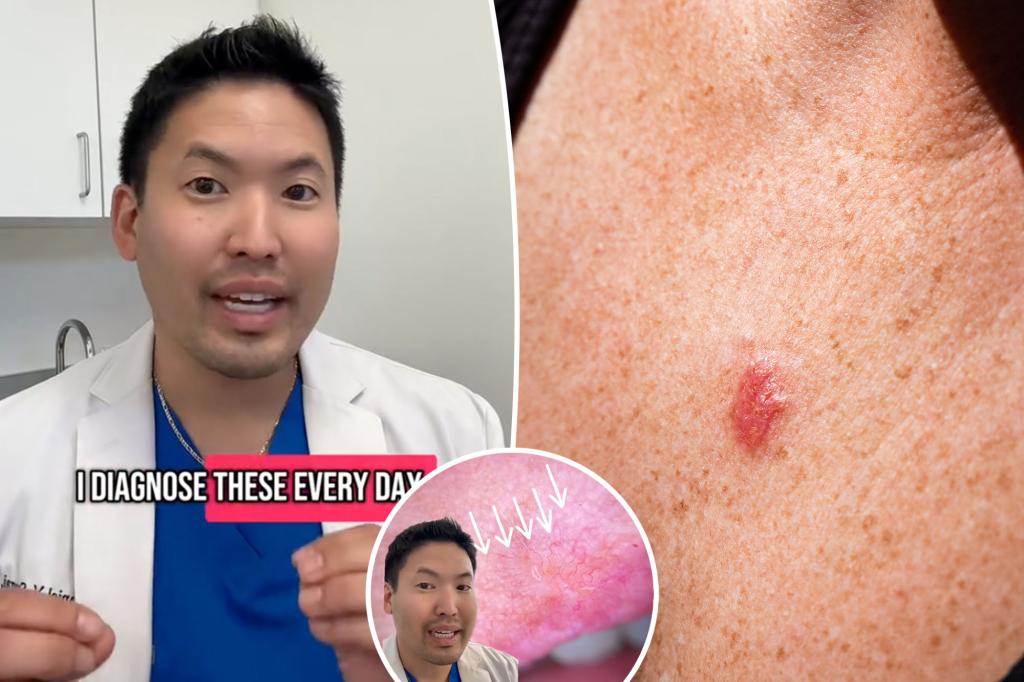Summarization of Content:
-
Complication of Benignreward Cells:
A Harvard-trained dermatologist warns that some seemingly benign acne(pimple) can indeed be cancerous. She highlights that if someone believes their pimple is caused by tantrums or sunburns, they might be wrong. This illustrates how subtle factors can lead to significant health concerns. - Sunscreen and Preventative Measures:
Dr. Daniel Sugai emphasizes that typical sunscreen use may not be sufficient for preventing skin cancer. She advises patients with uns attainable levels of sun protection to seek treatment as it may have long-term consequences. Additionally, she suggests wearing sunscreen daily to combat melanoma, which can develop at any age. The risk of development increases with age, making early detection and treatment crucial.
Applying sunscreen to BCC prevention:
Other skin cancers, such as BCC, appear on sensitive areas like necks and heads but can also develop on other parts of the body. This makes proper warning signs, like evolving lesions, important. The advice for patients to trust their instincts is crucial for early detection.
Roles of Experts in Preventing Skin Cancer:
Dr. Fatima Fahs, a Michigan dermatologist, advises against ignoring skin cancer concerns. She stresses the importance of annual or more frequent screenings, especially on sensitive areas. Additionally, her expertise highlights that lesions can be of varying natures, fromspots to lesions, requiring immediate attention.
Current прием for the PSA-Swhileers:
While some acne gets away with it, others can transform into cancer at any age, sometimes even without sun exposure. The advice to get the sun on the skin is relatable, and sufficiently sunlight care can also protect older skin from accumulating mutations.
In short, Kahn provides clear guidance on recognizing the signs linking benign-seeming issues to cancer, giving medical advice on prevention while emphasizing the importance of early detection and treatment to ensure a safer and healthier lifestyle.

